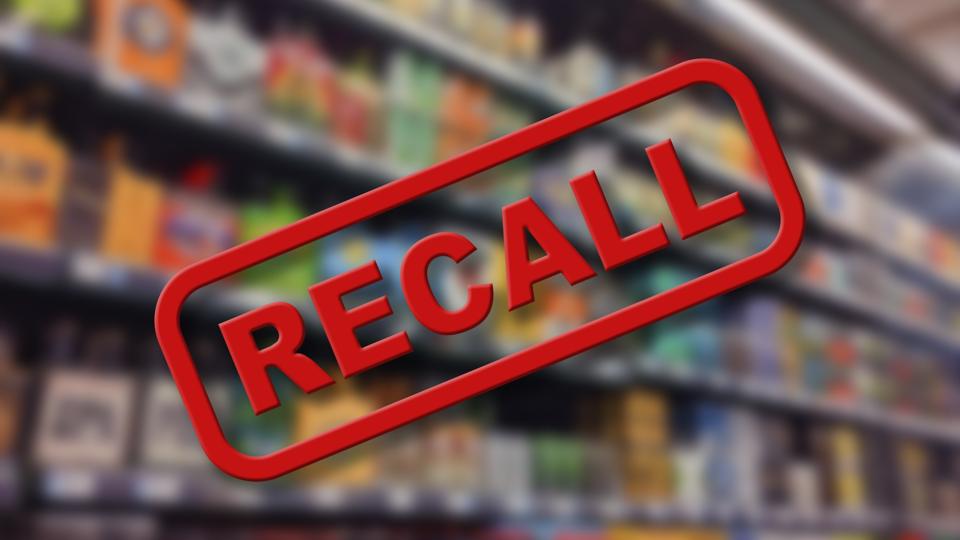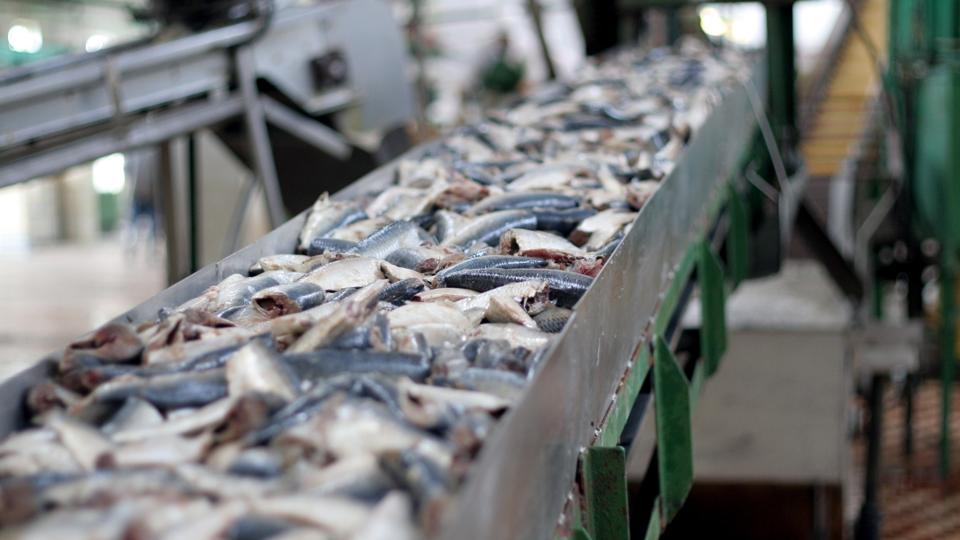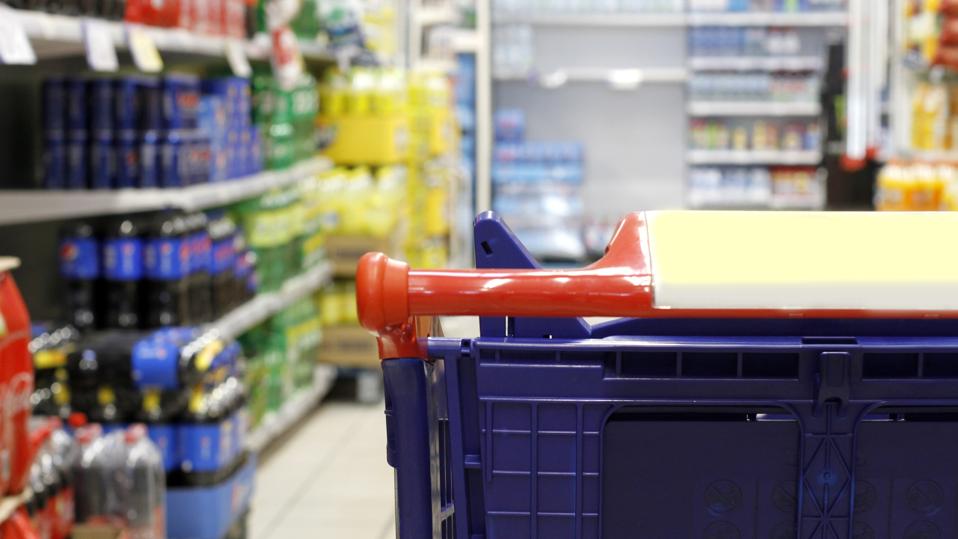If it feels like food recalls are happening more often, you’re not imagining things. This time, canned tuna, a staple in countless American kitchens, is pulled from shelves due to a defect that could lead to Clostridium botulinum, a bacteria that causes botulism—one of the most dangerous foodborne illnesses.
Tri-Union Seafoods has issued a voluntary recall of certain Costco, Genova, Van Camp’s, H-E-B, and Trader Joe’s canned tuna products across multiple states after discovering that faulty pull-tab lids could compromise the seal, allowing bacteria to grow over time.
While no illnesses have been reported, according to their announcement via the FDA, the recall raises bigger concerns about the safety of mass-produced, shelf-stable seafood.
What’s the Recall?
FDA recall alerts confirm that the 2025 tuna recall affects Genova, Van Camp’s, Trader Joe’s, and … [+]
Due to concerns over faulty pull-tab lids that may compromise the product seal, Tri-Union Seafoods has recalled select canned tuna products, including Genova, Van Camp’s, Trader Joe’s, and H-E-B brands.
The affected products were distributed across the U.S., including major retailers like Costco, Kroger, Walmart, and Publix. The full list includes multiple varieties of Genova yellowfin tuna, Trader Joe’s solid white tuna, and Van Camp’s light tuna, with “Best By” dates extending into 2028.
According to the company, this recall is being conducted “out of an abundance of caution” after discovering that a manufacturing defect in the “easy open” pull-tab lid could lead to leaks or, in the worst case, contamination with Clostridium botulinum—the bacteria that causes botulism, one of the most dangerous forms of foodborne illness.
While no illnesses have been reported, the FDA tuna recall affects multiple states and major retailers, including Costco, Walmart, and Publix. Consumers are urged to check their pantries and return affected cans for a full refund.
While botulism is rare, it’s potentially fatal, and unlike many foodborne illnesses, it doesn’t give obvious warning signs like bad smell or discoloration. That’s why consumers are advised not to eat the affected tuna, even if it looks fine.
Why Seafood Recalls Hit Differently
From the Genova tuna recall to previous seafood safety issues, the latest canned tuna recall 2025 … [+]
Seafood recalls, such as the recent canned tuna recall, highlight deeper concerns about global supply chain complexities and food safety oversight. Unlike other food products, seafood often originates from multiple countries, making it challenging to track and ensure safety throughout production and distribution.
According to findings from the Global Seafood Alliance, while sustainable seafood production is improving worldwide, regions like Asia and Africa face significant challenges in traceability and regulatory enforcement. This lack of transparency can obscure environmental and social issues, such as overfishing, pollution, and labor abuses, further complicating the seafood industry’s ability to maintain consumer trust.
Additionally, research from Farm Animal Investment Risk & Return (FAIRR) notes that supply chain traceability gaps put global seafood giants at risk, as inconsistent quality control across different countries leads to uneven safety standards.The long shelf life of canned tuna adds another layer of complexity—packaging defects can go unnoticed for years, potentially exposing consumers to safety risks long after production and purchase.
Findings from NOAA Fisheries further emphasize that traceability—tracking seafood from its origin to the market—is a critical tool for ensuring food safety, legality, and accurate labeling. However, complex global supply chains hinder traceability programs, making it easier for illegal, unreported, and unregulated (IUU) fishing operators to exploit the system. This lack of oversight not only raises food safety concerns but also undermines sustainability efforts, creating additional risks for consumers and the environment.
What Consumers Should Do Next
Worried about the FDA tuna recall? If you buy canned tuna from Costco, H-E-B, or Trader Joe’s, … [+]
If you regularly buy canned tuna from Costco, Walmart, Trader Joe’s, or H-E-B, now is the time to check your pantry. The affected products have specific can codes and “Best By” dates—these details can be found on the FDA’s website or the official recall notice from Tri-Union Seafoods. The UPC number and can code are printed on the bottom of each can, so consumers should verify their purchases before using them.
Even if a can appears perfectly normal, it’s important not to consume any affected product. Unlike other foodborne bacteria, Clostridium botulinum doesn’t cause obvious spoilage, meaning a contaminated can may look, smell, and taste fine while still carrying a dangerous risk. The safest course of action is to return the recalled cans to the retailer for a full refund or dispose of them by sealing them in a plastic bag before throwing them away.
Customers can email support@thaiunionhelp.zendesk.com or call 833-374-0171 (toll-free) Monday through Friday from 9:00 a.m. to 5:00 p.m. EST.
If you have already eaten the recalled tuna and start experiencing symptoms of botulism poisoning—such as difficulty swallowing, blurred vision, or muscle weakness—seek immediate medical attention. While rare, botulism can be life-threatening and requires urgent treatment.
What This Recall Says About Our Food System
The Tri-Union tuna recall is more than a one-time issue—will increased transparency in food safety … [+]
With consumers paying closer attention to how their seafood is sourced and produced, this recall raises important questions about safety, sustainability, and traceability. While food recalls like this are disruptive, they can also push the industry toward greater transparency and accountability.
For now, the best approach is caution—check your pantry, verify your products, and stay informed. Because when it comes to food safety, what you don’t know can hurt you.




